INFRASTRUCTURE-RELATED engineering group Boustead Singapore is venturing further into China's property sector, by backing a project in an up-and-coming district of Beijing.
On Oct 24, the company announced it was investing S$20 million in a mixed development project in Beijing that is led by Perennial China Real Estate. The investment will give Boustead Singapore a 4% stake in the S$500 million retail, office and residential project with a gross floor area of 402,000 sq m in Tongzhou, a new central business district in China's capital city.
The Beijing property project is also drawing a S$10 million investment from Wong Fong Fui, chairman and CEO of Boustead Singapore. Its other investors include a unit of Perennial China Retail Trust, a unit of Hong Kong-listed property developer Shun Tak Holdings, OSIM International chairman Ron Sim, and Ronald Ooi, whose family founded Kim Eng Securities (now Maybank Kim Eng).
The largest investor in Perennial China Real Estate is Wilmar International's chairman Kuok Khoon Hong. The company is linked to the Perennial property investment and management group founded by Pua Seck Guan, a former CapitaLand executive.
Keith Chu, vice-president for corporate marketing and investor relations at Boustead Singapore, says the investment in the project, while small, will give the company a stronger foothold in China and the possibility of expanding into the retail and residential space.
The company built the Boustead-Wuxi Industrial Park in Wuxi in eastern Jiangsu province where it still holds three facilities. Earlier on, Boustead Singapore also developed a college in Tianjin that still bears the company's name although it was sold to Raffles Education in 2007. Last year, Boustead Singapore completed its wholly-owned, 39,000 sq m Beijing Tongzhou Logistics Park. All the space at the facility has been leased out.
The company's investment in the project led by Perennial China Real Estate will expand its foothold in Tongzhou, which lies between Beijing and the port city of Tianjin. "The Tongzhou area looks promising because of plans to make it the next CBD," Chu says. "We've had experience with Tongzhou before in the industrial space. We were looking for other projects in China and Beijing Tongzhou came along."
According to Chu, the consortium partners were a factor in Boustead Singapore deciding to co-invest in the project. "With the various players involved, the confidence level is high, the success level is high." Perennial China Retail Trust has expertise in managing retail malls while Shun Tak is a residential as well commercial property developer with projects in China.
Moreover, the cost of development is low by Chinese standards at RMB15,000 psm compared with an average of RMB40,000 psm. The returns will be recognised in 2017 when the project is scheduled to be completed. However, the consortium partners might not hold on to the assets. The joint venture agreement has a clause that gives Perennial China Retail Trust first right of refusal to buy the retail component of the project. "Perennial is the lead. We will follow their strategy," says Chu.
Growing portfolio
Boustead Singapore shouldn't have any problem funding its investment in the project. The company had S$147 million of cash on its balance sheet at the end of June. By the end of September, the company will also see earnings from the sale of its S$55 million SDV Green Warehouse to SDV Logistics, which was completed in August. In FY2014, it will rake in further earnings from the sale of a strata-titled property worth S$38 million.
Boustead Singapore has an energy-related engineering arm that builds process heaters and heat recovery systems. It also builds industrial real estate as well as water and wastewater treatment plants. And, it has a division that distributes geo-spatial technology. For 1QFY2013 (it has a March financial year end), it reported earnings of S$12 million on revenue of S$113 million. Chairman and CEO Wong, who owns 32.3% of the company, likes to point out that each of the divisions is already big enough to be listed separately.
Is investing in Chinese property the best use of its cash? Why isn't the company investing the cash in its existing businesses? "The only way to use our cash is to pay dividends, grow the investment portfolio or for acquisitions," says Chu. "Investors, if they have concern that we are investing our money instead of growing our core businesses, should understand that we do not need cash to grow our businesses. They are cash-generating and self-sustaining."
Indeed, the company's free cash flow has averaged S$50 million annually in the past five years. That's largely because of its asset-light business model. Instead of owning manufacturing assets, for instance, it uses a global network of fabricators. Notably, its process heaters are fabricated in Thailand, Malaysia and South Korea by capable manufacturers. As a result, Boustead Singapore's capital expenditure in the past five years has averaged S$7.4 million a year, spiking up only in FY2008 and FY2009 when it incurred higher expenses from moving offices here and in London and Australia.
According to Chu, the only time Boustead Singapore was "significantly cash-flow negative" was in FY2011, when a popular uprising in Libya ousted leader Muammar Gaddafi. In the wake of the incident, the company was forced to terminate a township project in the country, and make provisions for more than S$15 million to cover receivables and cash in Libyan banks.
Cautious investor
Yet, Wong is a cautious investor, often doing extensive due diligence and even then only committing a small amount of cash to individual investments. In 2010, the company invested some S$4 million in HanKore Environment Tech, a once-troubled water treatment company in China. After a protracted restructuring, Hankore posted earnings of RMB105 million for its FY2012, which ended in June.
Last year, Boustead Singapore came close to spending as much as S$150 million to complete TT International's Big Box retail and warehouse project in Jurong East. But the deal was aborted after it evaluated the risks. Earlier this year, Boustead Singapore spent A$17.5 million on an 8.6% stake in Australian Securities Exchange-listed manganese producer OM Holdings, which has since been diluted to 7.4%. OM Holdings is now trying to line up financing for its US$592 million smelting plant in Sarawak, and the project is still some way off from being successfully executed.
One successful investment Boustead Singapore made was in Easycall International, which owned Tianjin Unversity of Commerce Boustead College in Tianjin. In 2006, the company distributed most of its shares in Easycall to its shareholders as a dividend-in-specie. The shares in Easycall rocketed in value when Raffles Education made a bid for the company at 60 cents per share. Boustead Singapore itself chalked up a gain of S$7.6 million from the sale of its remaining 9.1% stake.
Now, as Boustead Singapore ventures further into China's property market, its shareholders will be hoping for a similar outcome. Shares in the company are up 18% year to date and are trading at 8.7 times forward earnings.
This story first appeared in The Edge Singapore weekly edition of Nov 5-11, 2012.
TOP PICKS BY EDGEPROP
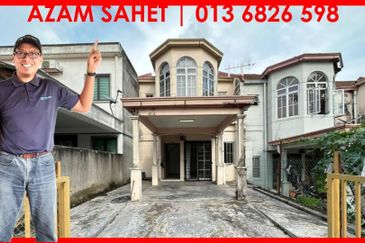
Bandar Puncak Alam
Bandar Puncak Alam, Selangor
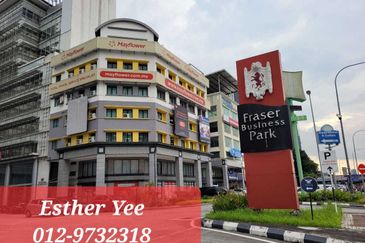
Fraser Business Park
Sungai Besi, Kuala Lumpur
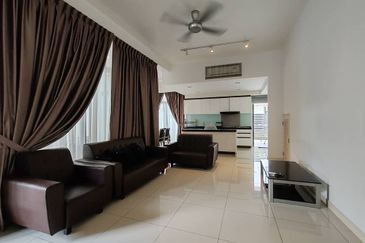
Avira Garden Terraces @ Medini
Iskandar Puteri (Nusajaya), Johor
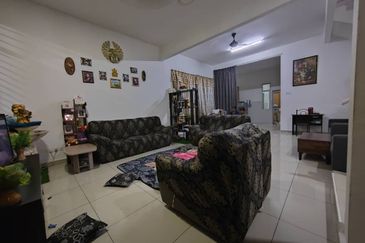
Taman Nusa Sentral
Iskandar Puteri (Nusajaya), Johor

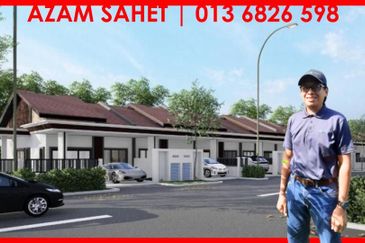
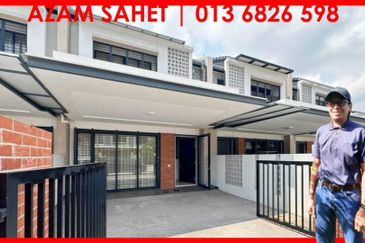
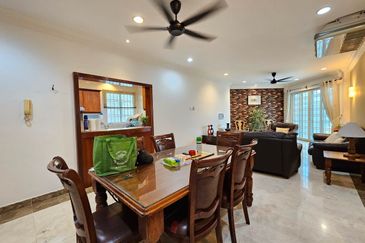
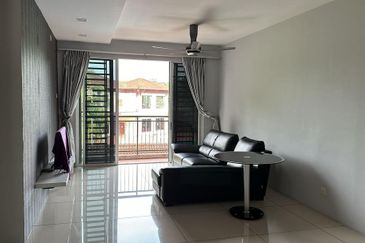
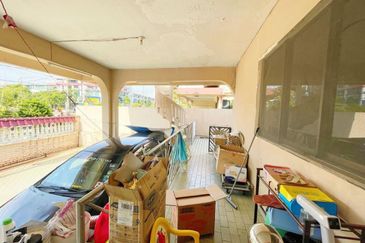
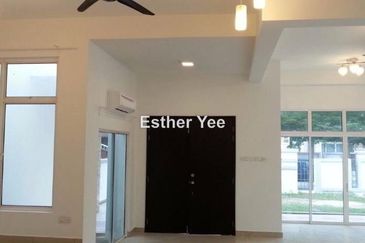
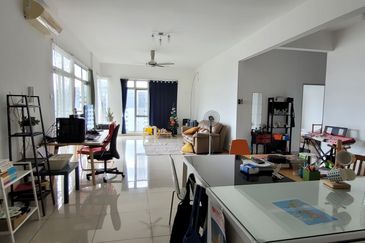
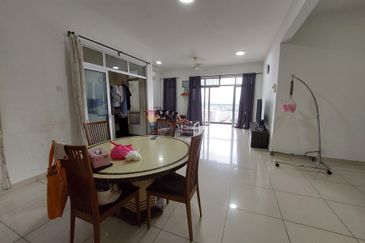
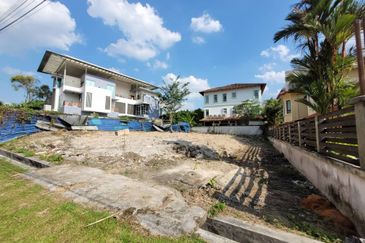
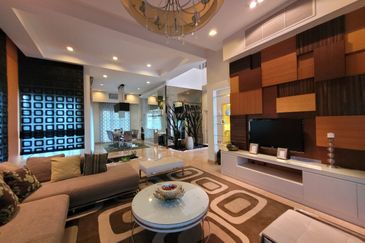
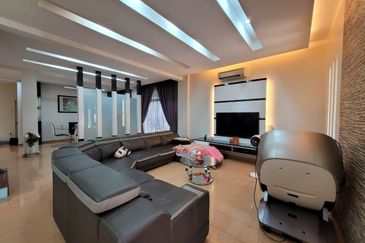
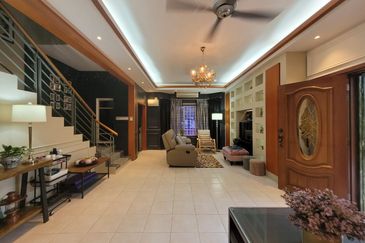
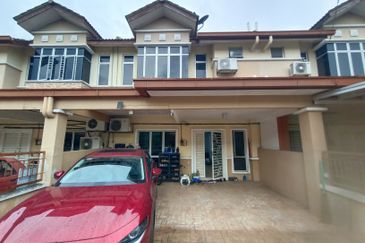
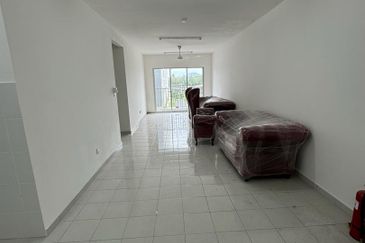
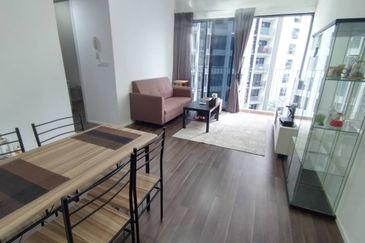
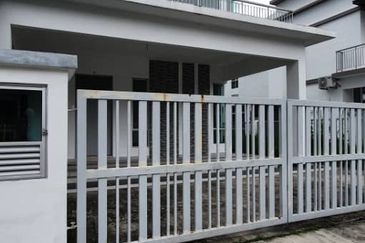
hero.jpg?GPem8xdIFjEDnmfAHjnS.4wbzvW8BrWw)



